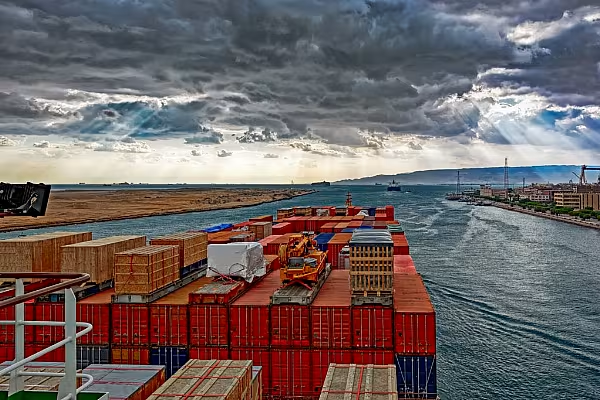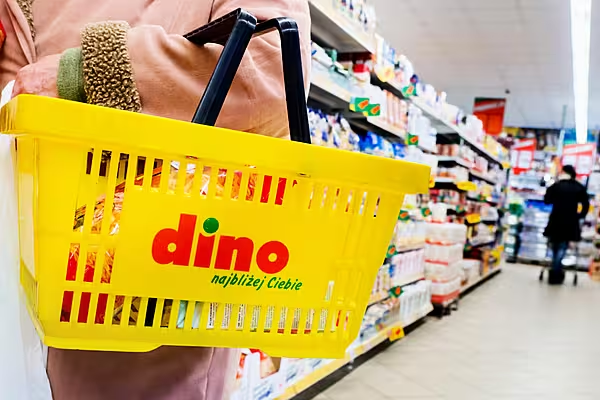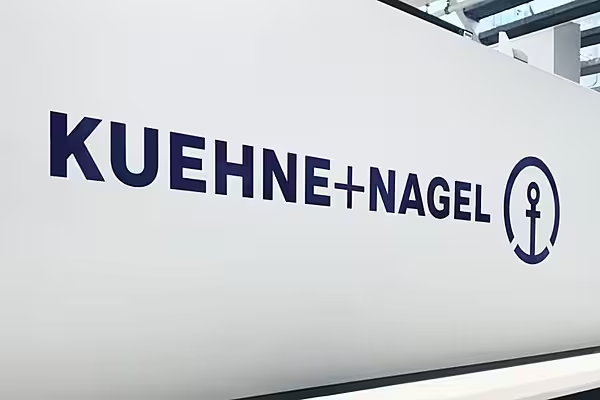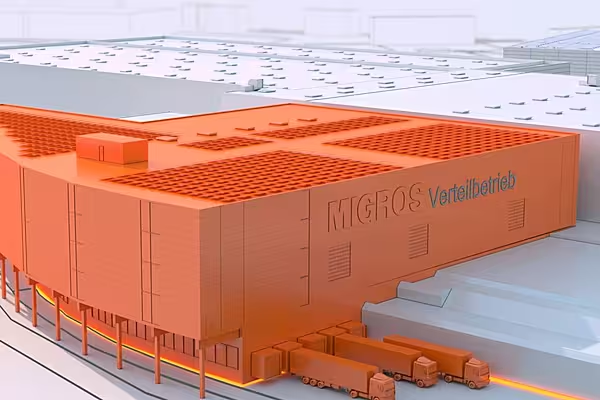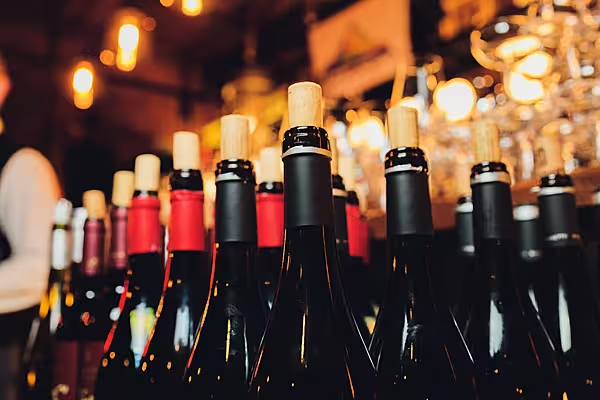The Alette Maersk was the first container vessel powered by low-carbon methanol fuel to cross the Pacific Ocean – a milestone in the shipping industry's effort to reduce its climate impact.
But when the 1,148-foot (350-metre) vessel arrived at the Port of Los Angeles from China last week, there was nowhere in the US to buy more of the green fuel, forcing it to rely heavily on petroleum-based maritime fuel for the return trip.
At a day-long ship naming event, A.P. Moller-Maersk representatives said the industry that accounts for close to 3% of global greenhouse gases needs more and cheaper green fuel if it is to decarbonise at the pace scientists and world governments say is necessary to fight climate change.
"We're on a clock," said Maersk CEO Vincent Clerc.
Energy Transition
Maersk aims to achieve net zero greenhouse gas emissions in 2040 and has emerged as a leader in its sector's energy transition with five green methanol ships on the water and another 20 on order.
Even so, that represents just a fraction of its 700 owned and chartered ships. The new ships are also dual-fuelled, meaning they are equipped to run on fossil fuels when needed, like when green methanol is too expensive or unavailable.
Green methanol can be made from agricultural and food waste, or from carbon dioxide and hydrogen using renewable electricity.
The fuel now costs two to three times more than fossil fuels, Maersk representatives said, and global production is currently miniscule.
China's Goldwind has guaranteed green methanol supplies for the first of Maersk's 12 large ocean-going vessels to burn that fuel, with deliveries starting in 2026.
But potential supplier Orsted is dropping plans to build the largest e-methanol plant under construction in Europe, saying that the green fuels market was developing more slowly than expected. E-methanol is made with CO2 captured from renewable sources.
Maersk also plans to replace as many as 60 additional ships with dual-fuel vessels that run on renewable fuels including liquefied bio-methane.
That low-emissions fuel from renewable sources is controversial because it is chemically identical to fossil methane, so any leaks release a potent greenhouse gas.
Most of Maersk's ships also can run on biodiesel, a replacement fuel that has been available for years but still accounts for a tiny portion of maritime fuel.
Government Support
Familiar shippers like Nike, Amazon.com, H&M and Nestlé have partnered with Maersk on green fuel-powered deliveries to help drive adoption that can justify investments in production.
"No one can do this alone," Venkatesh Alagirisamy, chief supply chain officer at Nike, said at the ship-naming event, where officials called for regulators and governments to act.
Clerc said Maersk has asked US President Joe Biden's administration to use the Inflation Reduction Act to incentivise green maritime fuel, as it has done for the trucking and aviation sectors.
Maersk and peers CMA CGM, Hapag-Lloyd and MSC have also proposed a regulatory framework to the International Maritime Organisation.
That includes a plan to levy a 'green balance fee' on carriers that gain a competitive advantage by clinging to lower-cost fossil fuels.
"We need regulations and legislation to level the playing field," said Saba Takidar, Maersk's senior commercial sustainability partner. "The whole fuel ecosystem has to change."
